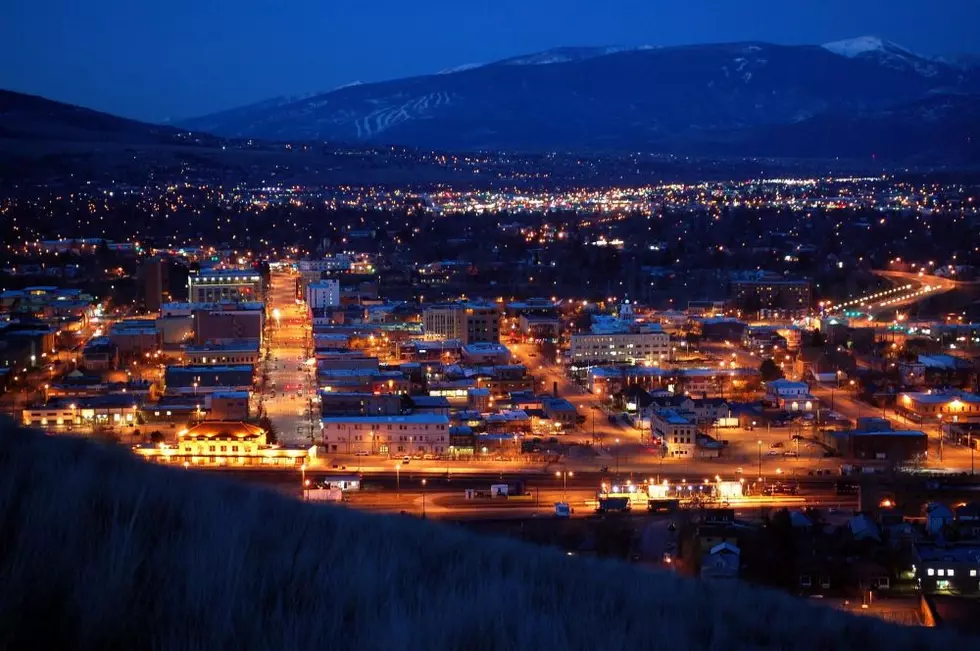
“A rock and a hard place;” City approves 9.7% tax increase
Martin Kidston
(Missoula Current) While city officials worked to justify their budgeting decisions for FY24 and the 9.7% city tax increase approved on Monday night, members of the public decried the city's priorities and urged it to tighten its belt and make difficult choices moving forward.
But even then few members of the public agreed on what to cut. Some wanted to add even more money to address homelessness. Some wanted to eliminate spending on the so-called Justice, Equity, Diversity and Inclusion program, calling it unproven and wasteful. Others wanted to cut police while some wanted to pour additional funding into social services, even at the taxpayer's expense.
Boil it down and several residents expressed fear of being taxed out of their homes. They didn't care who was to blame – the state or the city – for the ever-increasing taxes. And while some council members have added to the budget, including council member Daniel Carlino, others attempted to cut, including council member Sandra Vasecka.
The budget passed on a 9-3 vote.
“I don't want anyone to think we take this stuff lightly. Can you imagine if everyone on council voted yes? What does that say to people out there?” said council member John Contos, who voted against the budget. “I don't want anyone to think we take this lightly. I feel for so many people out there who can't stay here anymore.”
Missoula Mayor Jordan Hess laid the foundation for Monday night's vote, saying again that inflation “was eating the city alive.” He also noted the massive shift in state taxes, which has placed an increasingly heavy burden on residential property owners while cutting taxes for businesses and centrally-assessed properties like cable television and the railroad.
The City of Missoula and other cities across the state have been forced into an “untenable situation,” most agreed, and it will likely get worse in the years to come.
“Residential property taxes are going up in Montana. Those are legislative decisions that have shifted the burden from pipelines, business equipment, airlines, railroads, telecommunications and pollution control,” said Hess. “Your tax increases will pay for pollution control tax decreases.”
Hess said other issues are also adding to the challenges of local budgets including inflation, along with union contracts and cost-of-living increases.
The new city budget increases residential property taxes by 9.7%. That only accounts for the city's portion of a city resident's tax bill and doesn't include county taxes, state taxes, and taxes imposed by local school districts.
For every $100,000 of a home's assessed value, which is determined by the state, the new city budget will cost Missoula residents $377 in city taxes. The median price of a home in Missoula now stands at more than $530,000.
“The budgets year after year get harder and harder. The folks on council would not like to be voting on a 9% increase tonight,” said council member Gwen Jones. “We've got a lot of competing dynamics with this budget. We have increasing costs, we have inflation. We've got wages that go up every year, and we've got cost-of-living increases with our collective bargaining agreements we need to honor.”
Jones said that despite the increases, the level of service is slowly decreasing. That's a detriment to city residents, she said, and it rests on the shoulders of state legislators who have created and fed the current tax structure.
“In the next few years, we're coming up on this tipping point. We're not making it right now,” added Jones. “If we're having to raise taxes while providing a lesser quality of service, that's a structural issue that I hope folks are paying attention to.”
Sandra Vasecka, who introduced several amendments last week to reduce the budget – all of which failed – expressed frustration. Vasecka also introduced several budget cuts in which she later changed her mind.
“It was so incredibly disheartening that not one of my amendments was even discussed of possibly passing,” Vasecka said. “I don't want to become cynical. We're asking a lot of (residents). We need to say a hard no. I don't think it's a cop-out to vote no on this budget when none of my amendments passed last week.”
Carlino, an advocate of police cuts and increased spending on social services, including homelessness, opposed the budget. He blamed the city for “being complacent” and said City Council was out of touch with “community priorities.”
Most others disagreed, saying that priorities varied from person to person and funding was limited. Not every resident wants to pour more funding into homelessness and the public safety net, they said.
“Each and every one of us around this table know someone who is going to be directly impacted and hurt by increasing taxes,” said council member Stacie Anderson. “But yet they will also be hurt if we cut essential services, and what are essential services? Each of us has a definition that's different from the next. If someone is sitting here telling you there's a silver bullet, then they're telling you a lie.”
